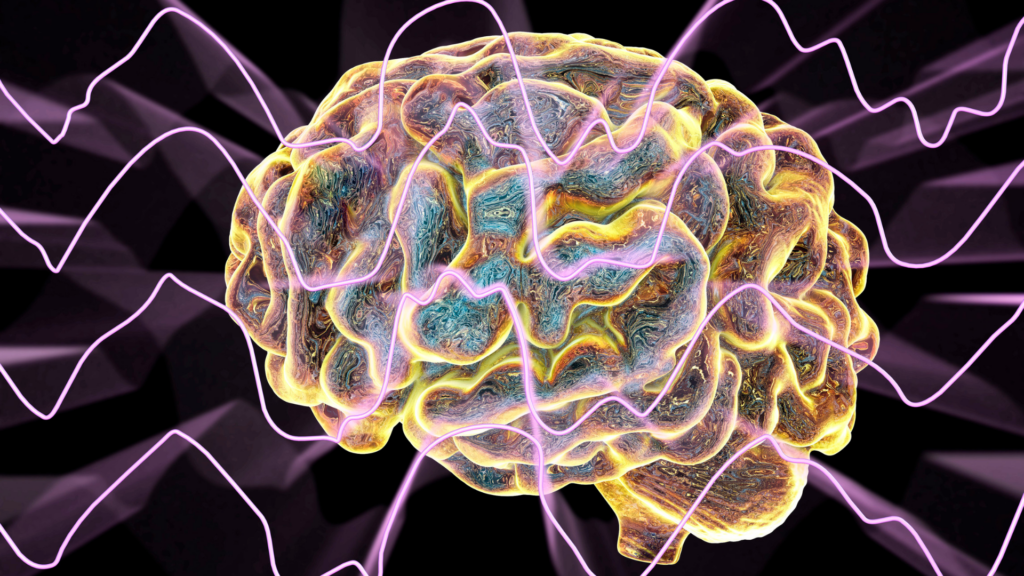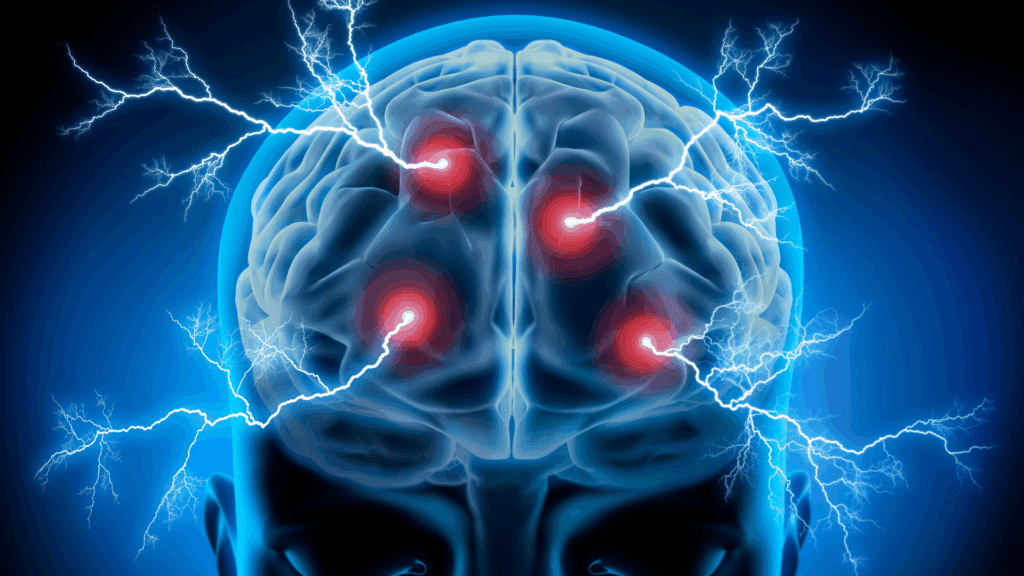The Neuroscience of Feeling Underappreciated at Work: Why It Happens and How to Overcome It

Feeling unappreciated at work impacts not only motivation but also mental health. Explore this science-backed guide on why these emotions arise—and how to overcome them effectively using actionable strategies!
Getting Out of Autopilot: What To Do When You’re Feeling Disconnected

Feeling disconnected from life can leave you stuck in autopilot mode, where routines replace intentional living. This blog explores the neuroscience behind disconnection and provides actionable strategies to help you break free. Discover how to reconnect with yourself, boost creativity, and live with purpose by embracing intentional living.
5 Signs You’re Having a Self-Identity Crisis

Are you questioning who you truly are? As a neuropsychologist, I’ve identified 5 key signs that indicate you might be experiencing a self-identity crisis. This comprehensive guide explores the neuroscience behind identity confusion and offers practical insights to help you navigate this challenging but transformative period.
Neuroplastic Momentum: Rewiring Your Brain to Overcome Evolutionary Fear and Unlock Creative Potential

What if your brain’s resistance to change isn’t a flaw—but a fossil of evolutionary genius? Neuroplastic Momentum merges cutting-edge neuroscience with primal psychology to transform procrastination into power. Learn how to hack your neural wiring and align your actions with your boldest creative ambitions.
The Absurd Art of Outsmarting Your Own Fear with Paradoxical Intention Techniques

Fear and anxiety often feel impossible to overcome—but what if the secret to conquering them lies in doing exactly what scares you most? Paradoxical Intention Techniques, developed by Viktor Frankl, offer a powerful yet playful approach to rewiring your brain and reclaiming emotional freedom. By intentionally facing fears head-on and even exaggerating them, you interrupt anxiety’s predictable patterns and transform dread into empowerment. Discover how embracing this absurd yet effective strategy can help you outsmart your fears and live a more confident, resilient life.
Navigating the Emotional Rollercoaster: Understanding and Managing Idealization in BPD

Explore the complex dynamics of idealization in Borderline Personality Disorder (BPD), including its psychological roots, neuroscientific insights, and strategies for managing this intense emotional attachment. Discover how cognitive reframing, emotional intelligence, and neuroplasticity can help individuals develop more balanced relationships.
Overcoming Obstacles in Leadership: Resilience, Adaptability, and Growth

Overcoming obstacles in leadership requires resilience, adaptability, and a strong mindset. This blog explores neuroscience-backed strategies to help leaders navigate setbacks, regulate emotions, and make confident decisions under pressure. Learn how to rewire your brain for resilience and transform adversity into long-term success.
The Top Women’s Health Priorities in 2025: A Holistic Guide to Mental and Physical Strength

In 2025, women’s health priorities are evolving beyond traditional diet and fitness norms. Emphasizing mental and physical strength, women are adopting neuroscience-backed strategies for stress reduction, sleep optimization, and holistic self-care. Discover how these sustainable wellness practices are reshaping women’s health goals for a balanced and empowered life.
The Key to Managing Anger: 6 Scientific Strategies That Work

Explore advanced anger management strategies rooted in neuroscience, including vagal nerve stimulation and virtual reality therapy, to transform your emotional responses.
Rebuilding Trust: The Invisible Thread That Holds Relationships Together

Trust is the foundation of every meaningful relationship, yet once broken, it can feel nearly impossible to restore. Neuroscience shows that betrayal rewires the brain, triggering stress responses that make trust repair a complex but achievable process. Whether in romantic relationships, friendships, or professional settings, rebuilding trust requires intentional actions, emotional commitment, and a deep understanding of how the mind processes deception and healing. In this comprehensive guide, I explore the psychology and neuroscience behind trust, common reasons it breaks down, and the most effective, science-backed steps to restore and strengthen it. If trust in your relationship has been damaged, learn how to rewire the brain for security, consistency, and long-term emotional connection.

